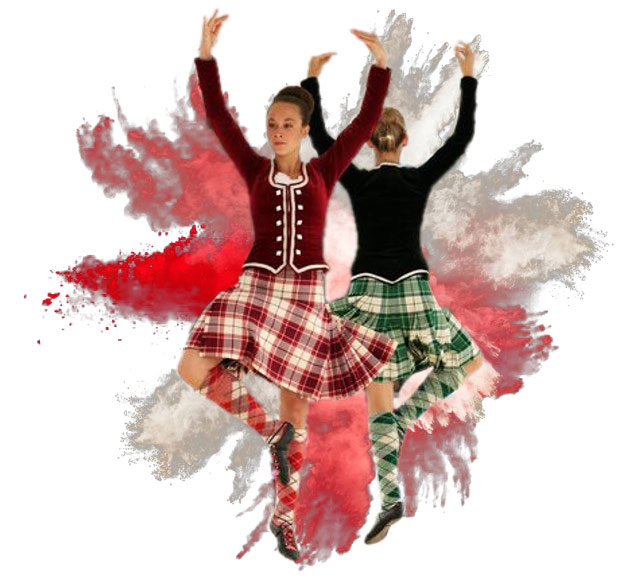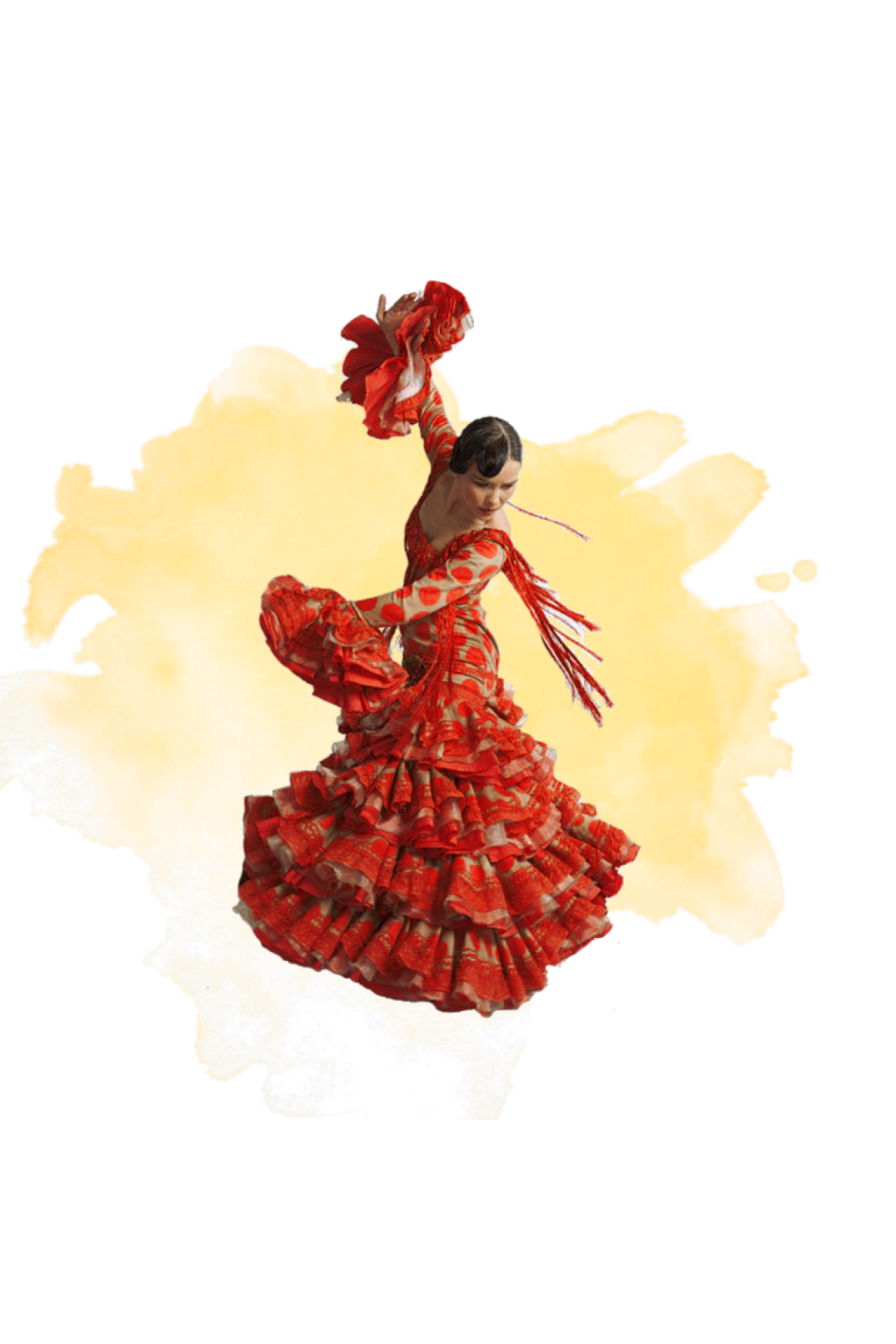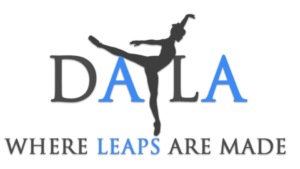Mixed Repertoire
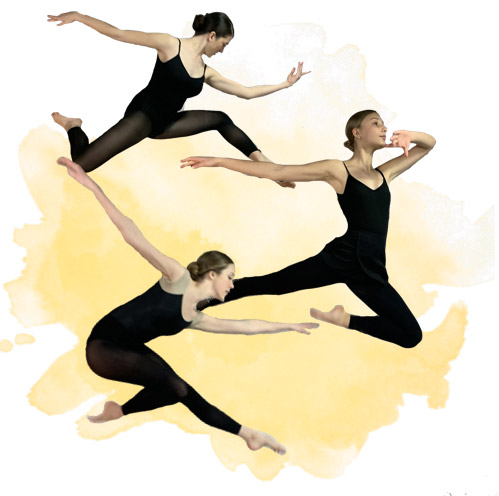
Modern Dance
Modern involves a variety of techniques that can be utilized to investigate free movement through space. It encompasses creative problem solving while leading the dancers through exercises that challenge time, gravity and space.
This is a great secondary discipline to improve the fundamentals of Classical Ballet.
Jazz Dance
Jazz has two primary techniques, Fusion and Pop. At DALA, we use both techniques to create well versed dancers in our program. Fusion Jazz will impart the technical aspect of Jazz with parallel positions, hinges, various leaps, and layouts. Pop Jazz focuses on the performance aspect, with exercises in expression, fluidity, and composition of movement with a hint of funk.
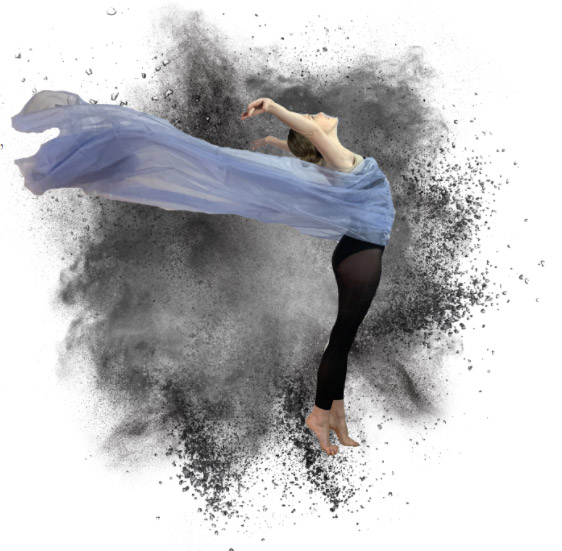
Contemporary Dance
Contemporary is a great class for dancers that enjoy Modern, Jazz, and Classical Ballet. Contemporary is a fusion of all of these elements with a warm up that will stretch and condition the dancers. Many ballet dancers benefit from this class.
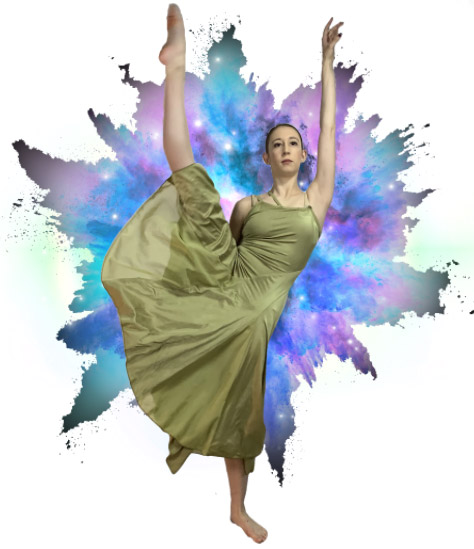
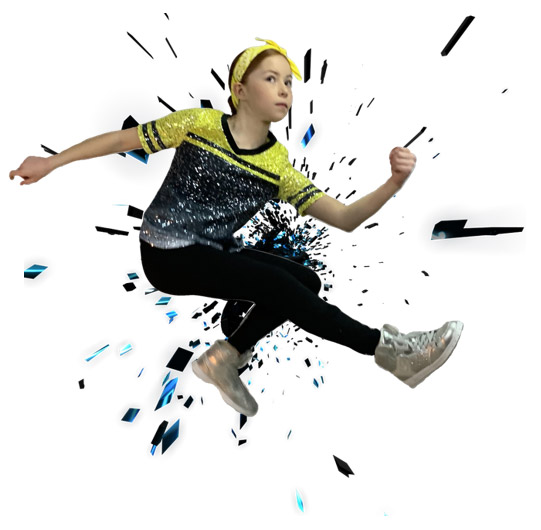
Hip Hop
Hip Hop Dance is the expressive art form that grew from street dance and break dancing. This genre is highly energetic, very expressive, and an excellent addition to any class schedule. Through sophisticated exercises and combinations, dancers will learn better musicality and free form dancing which will help all other genres of dance.
Tap Dance
Tap is one of the oldest dance forms in this country. Students are taught rhythms, timing, and leg/foot coordination done to various types of music. This is a great class to develop stronger musicality. At the Intermediate level class moves quicker with an emphasis on proper technique.
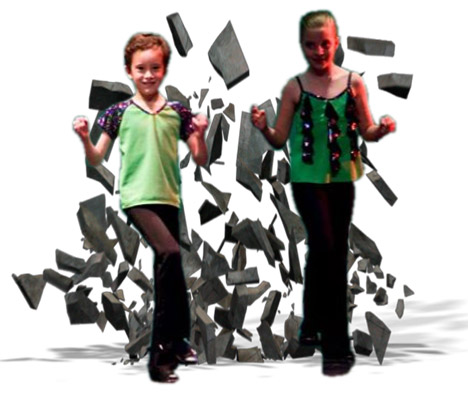
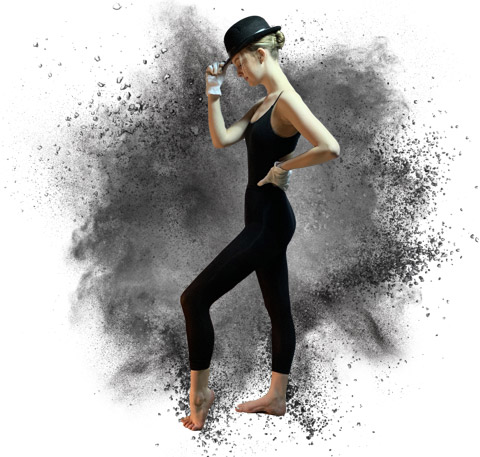
Musical Theatre
Musical Theatre is a true dance class with a warm-up in center, followed by across the floor and a dance combination. Musical Theatre is a great class for those interested in Broadway and looking to improve their dancing. This is also a great class for those that wish to learn a fun and expressive form of dance without any previous experience.
Highland Dance
“Scottish Highland Dancing is a celebration of the Scottish spirit. The dances are a spectacular combination of strength, agility, movement, music, and costume. Unlike other dance mediums, Highland dances are generally danced solo and in competition. Dancers typically dance to traditional Scottish music such as Strathspeys, Reels, Hornpipes and Jigs all played by an accompanying bagpiper. The dances are made up of different parts, called steps and there are usually four or six steps to a dance.” –FUSTA (Federation of United States Teacher and Adjudicators)
